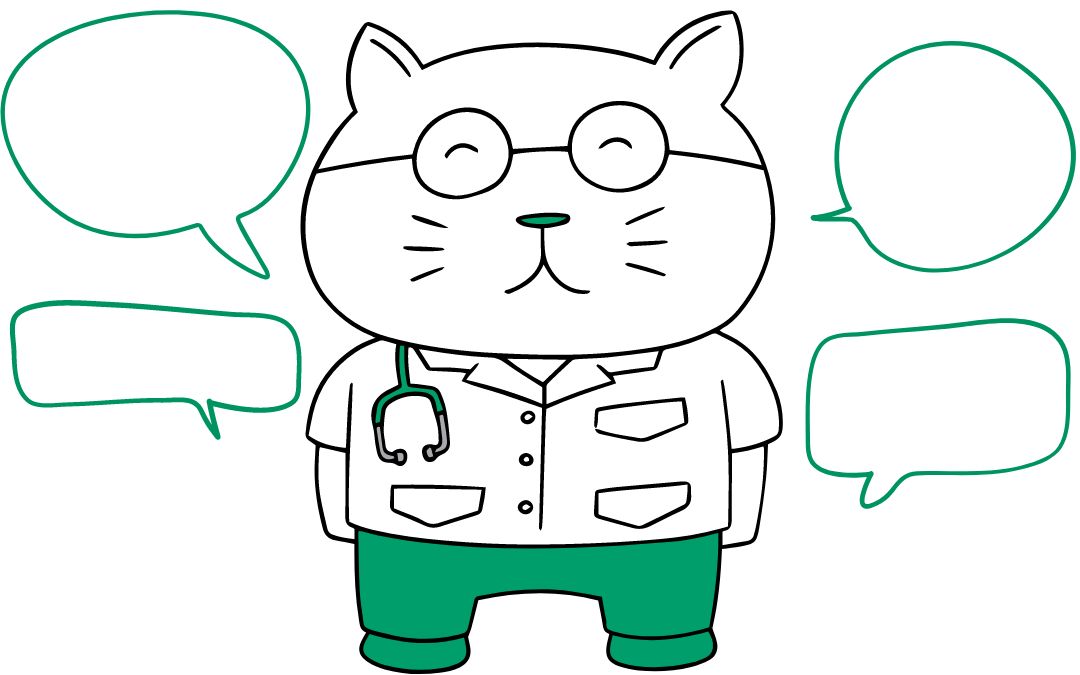Public School Zero Science Teacher Explains Why You Should Not Say “The Science Says”
Dear Students Here Is My Rant:
As a science teacher, there is nothing that makes my skin crawl more than hearing the hackneyed phrase “the science says.”
Science is no one thing. Science is not a person. Science cannot say anything.
Science is a process of asking questions, collecting data, and developing ideas.
At any moment the scientific consensus on any topic can shift, change or reverse.
When you use the cringy phrase “science says” it is probably because you are:
- Desperately trying to reason with someone who is endangering themselves and others by failing to follow the most tested, up-to-date recommendations on something very important like Covid safety
- Writing low-quality clickbait with monetized links to a product
- Want to fail my class
We have spent the last several years watching people ignore the best evidence for how to protect our population from a dangerous disease. I can understand how that makes you want to stand up for something simple and true like “the science.”
But by turning “the science” into an unquestioned authority with a set of dictates you are falling into the hands of anti-intellectuals. The very heart of science is inquiry and debate. We must protect the open exchange of ideas in the face of fascist incursions into our national culture.
When you battle the anti-science zealot or the Covid-denier what you should be defending is not “the science” but the spirit of a scientific method that requires an open mind.
If you insist on what “science says” you fall into a trap laid by authoritarian ideology. Science is not a superhero or a despot who fights other despots. Scientific thought constantly changes and adapts. The best evidence in any field could change next week. An example: at first, it seemed that wearing any old mask could protect you against Covid. But it has emerged that a tight-fitting N95 mask is needed for the best protection. Now anti-maskers can claim it was all a lie and a hoax when we insisted “science says” wear a mask because new studies show those flimsy, gaping masks didn’t offer much protection.
Another example. In the eighteenth-century scientists thought Yellow Fever could be cured by ingesting large quantities of mercury. Now scientists know that no existing cure for Yellow Fever is effective. Realizing we do not have a cure (yet) is the real discovery and it meant rejecting existing ineffective (dangerous) cures. Sometimes the scientific process means giving up on heroic measures.
Unknowing is as important to science as knowing, both in the formulation of a hypothesis and the rejection of wrong ideas. We must be able to quickly adapt to new data and new paradigms and not get stuck in a notion of “the science.”
Before you invest in what “science says” about anything, know that a huge number of scientific studies you read about in the news:
- Show only observational correlation not causation
- Do not meet current standards of evidence
- Have a small sample size
- Are funded by interested parties selling you something
- Cannot be replicated
And that’s not including results that are outright falsified or faked!
For example, it appeared that “the science said” that fat was the cause of the obesity epidemic. It turns out the sugar industry funded that bogus research and the research into the dangers of sugar was suppressed.
When you say “science says” you probably have an image in mind of who is speaking. Let me guess that when science talks he is an older white straight cis-gendered male. Unconscious personification of science plays into a white patriarchal hegemony that undermines the necessary democratic scientific tools of skepticism and interrogation.
The fantasy of a McDreamy Mr. Science dispensing knowledge is a sloppy idea of scholarship. We should all be thinking and questioning instead of following a straw man.
As of this week, any student who uses the phrase “the science says” in my classroom will be marked down.
If you don’t like my teaching methods, you can go ahead and check Google Scholar for “best practices for disciplinary methods in the classroom” and try to find something better.
If you find an evidence-based method you like, please check the sample size and signs of EdTech money ties in the research. I am not buying a digital punishment wheel app tested only on Mr. Ed Moneybucks and his business school roomie in their parent’s luxury pool house in 2016.
Sincerely Outraged,
Mr. X
Public School Zero
Comments Closed On This Post
**Starred Comments**
SciTeach
It gives me the creeps when people say “the science says” as well.
But I disagree with Mr. X, who is a notorious despot in the classroom. Science is made up of people. There is no such thing as “the science” because science is just a bunch of people thinking of things that might later turn out to be wrong.
It is not just the authoritarian mindset that makes us picture science as a cis white male. The reality is that most scientists are cis white males. Pretending otherwise won’t solve the problem.
We need to be changing who is in science and also our image of science.
How about when we picture science we picture a nerdy brown girl in the back row who is excluded from the bros’ porn night where fellowship decisions get made but who catches that falsified image in the journal paper.
Instead of marking kids down for parroting stupid stuff in our culture, create a classroom culture of respect that promotes open dialogue. A brutal classroom management style such as the style that Mr. X uses makes it harder for outsiders to break in and discourages the free exchange of ideas.
Respect, don’t rant. And yes, that’s an evidence-based suggestion, Mr. X.
Also Read:
How To Research Your Fremey from Summer Camp

